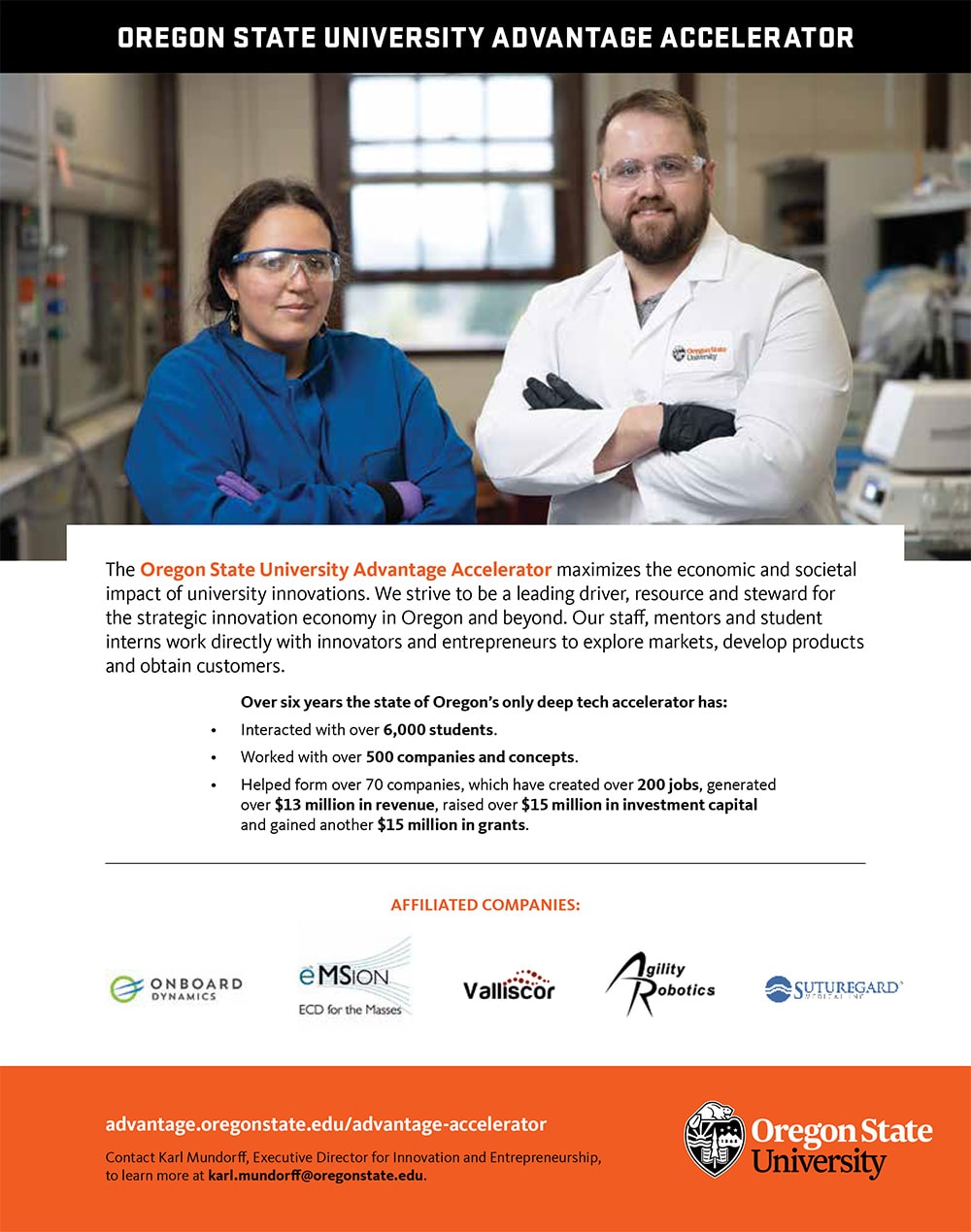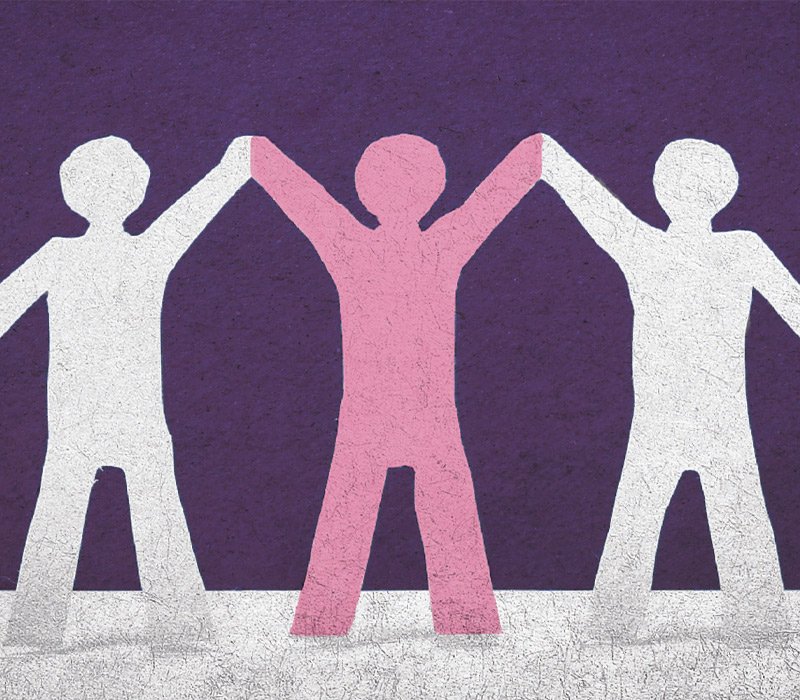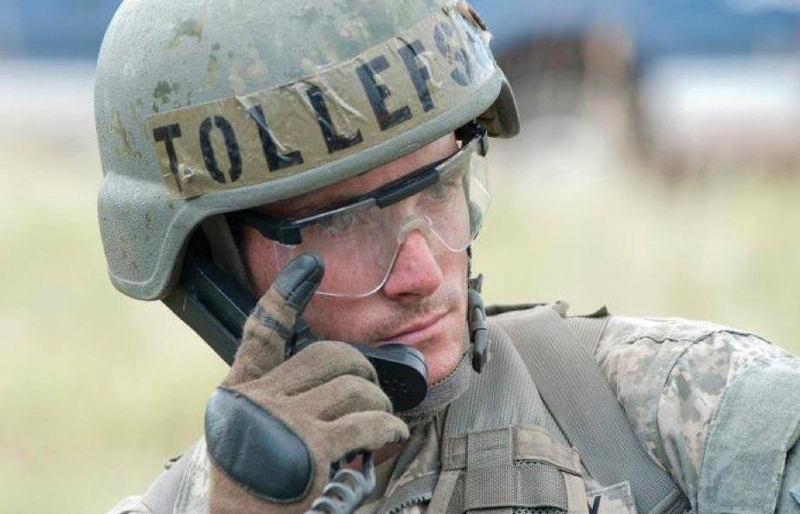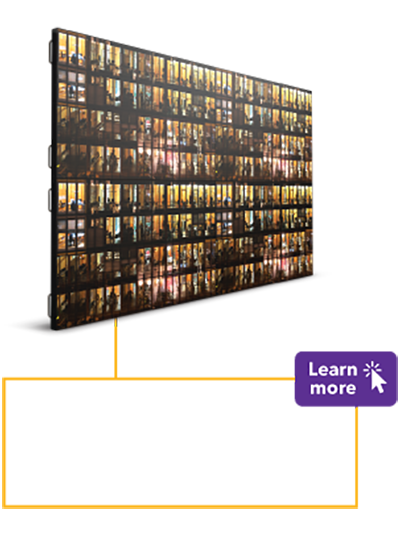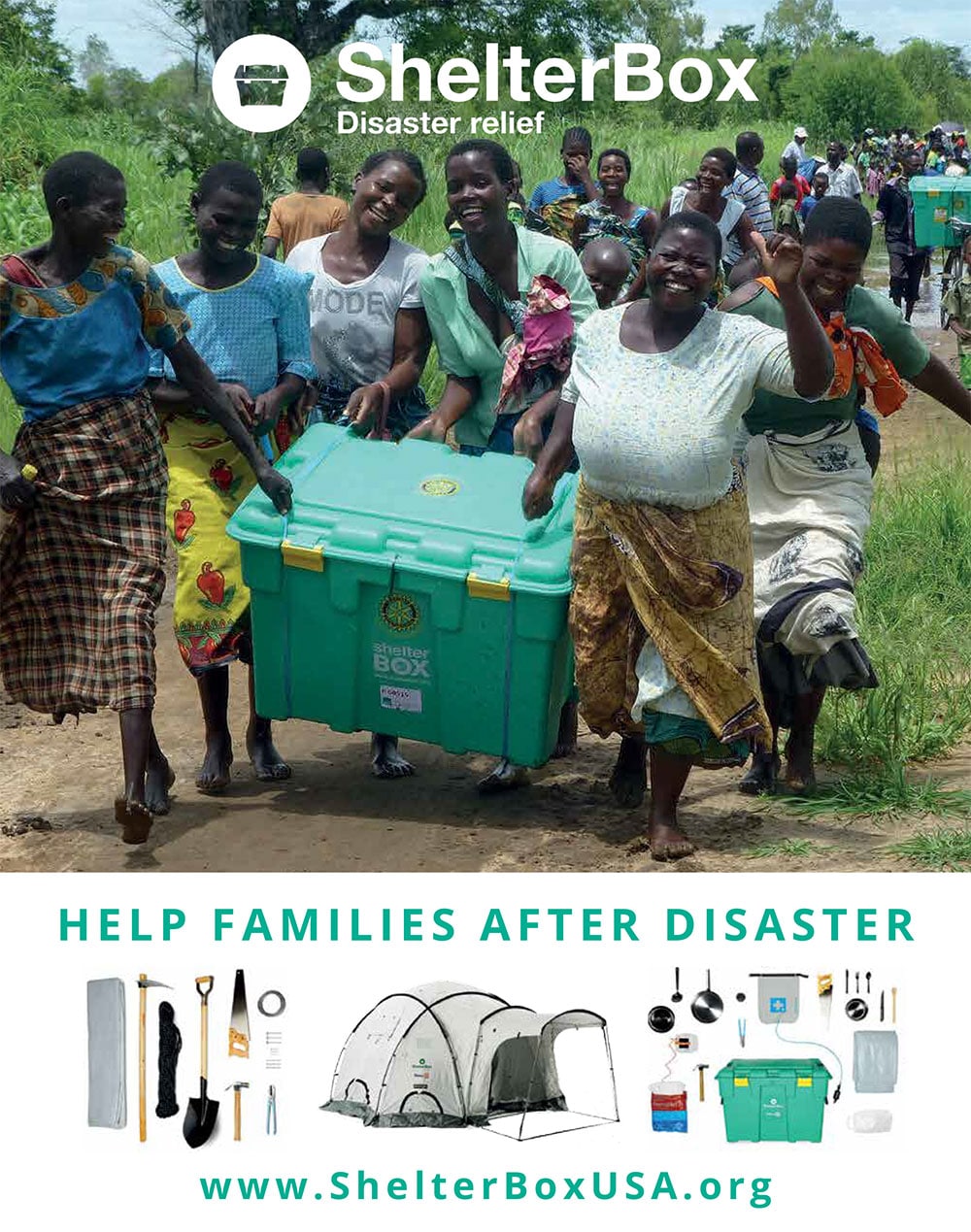
Apr-Jun 2020



I happened to be in my hometown of Las Vegas the day the state’s governor closed all non-essential businesses, including casinos, in response to COVID-19. Within one hour of his order, I received a call instructing me to check out of my hotel the following morning. Las Vegas was closing, and I was essentially being commanded to leave the state. Having been born and raised in the City of Lights, I could never have imagined that it would close; the unimaginable had happened.
Contents
Rick Thomas
Editor
Nance Larsen
Cover Story Photo
Chris Orwig
chrisorwig.com
Visualizer
Scott Mlynarczyk
The STRIVE Group, LLC
Subscribe to the Magazine
thestriveproject.com/subscribe
Copyright © 2020
The Strive Group, LLC
All rights reserved.
Built Not Born
ne of the most important attributes of leadership is character. Yet common societal constructs for character are often overly simplified and inappropriately deterministic. Addressing character as an innately ingrained moral compass, or as “intestinal fortitude” or a “fire in the belly” that allows herculean persistence in the face of adversity, portrays character as a quality that only some fortunate individuals possess. I argue that what we learn is more important than our basic genetic code, and propose we focus on character development.
Having spent my young career around technically minded folks, I have learned to offer clear-cut scaffolding for my ideas. Following are simple steps that draw from well-established frameworks and connect personal vignettes as examples, so anyone can leverage them to continuously invest in developing their character. This systematic approach aligns four concepts into VGPG—Values, Goals, Purpose and Grit (not someone from the Star Wars universe).

e are all experiencing the greatest global crisis of our lifetime. In such times, we are given, because of the confinement and the precious commodity of time, the opportunity to reflect on what really matters in our own lives and in the lives of others. It is also the right time to question and review our fundamental values.
It is clear, in the confusion that accompanies any crisis, that the value of truth and truth-telling is critical and can be lifesaving.
Dr. Li Wenliang, the 33-year-old Chinese ophthalmologist who alerted his colleagues and the world through social media to the coronavirus health risk is an amazing example of courage in speaking truth to power. Li was accused of making false statements and of acting illegally to disturb social order. He was arrested but later released when the Chinese authorities conceded that he should not have been censured. Very sadly he contracted the disease himself and died. He said shortly before his death, “It is not important to me whether I am vindicated or not, what is important is that everyone knows the truth.” He is, for millions, a hero and the face and conscience of this crisis.
helping you and your business move forward.
- Assessments
- Training
- Coaching
- Training
- Coaching
- Team Building
- Strategic Planning
- Action Planning
- Infrastructure Development
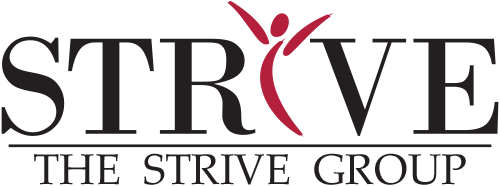
907.2.STRIVE
or a decade now, I have been coaching executives from different fields, countries and cultures, successful men and women between the ages of 35 and 65. Coaching has become my art of connection, and leadership growth my passion.
I have had the privilege of taking this journey with many successful leaders, of witnessing their heartwarming courage, vulnerability, maturity and magnanimity. I have proudly followed the careers of my clients and invited them to share insights from their journeys with other leaders. During my work, I have noticed two repeating patterns:
- Leaders who have good intentions but are unable to translate those intentions into action, ultimately exhibiting poor leadership
- Leaders who master their abilities, turning their exceptional leadership into exceptional results
Exceptional leaders exhibit many abilities, but I would like to highlight the four most crucial abilities that will help you avoid common pitfalls and warmly push you to become a leader who creates exceptional results.
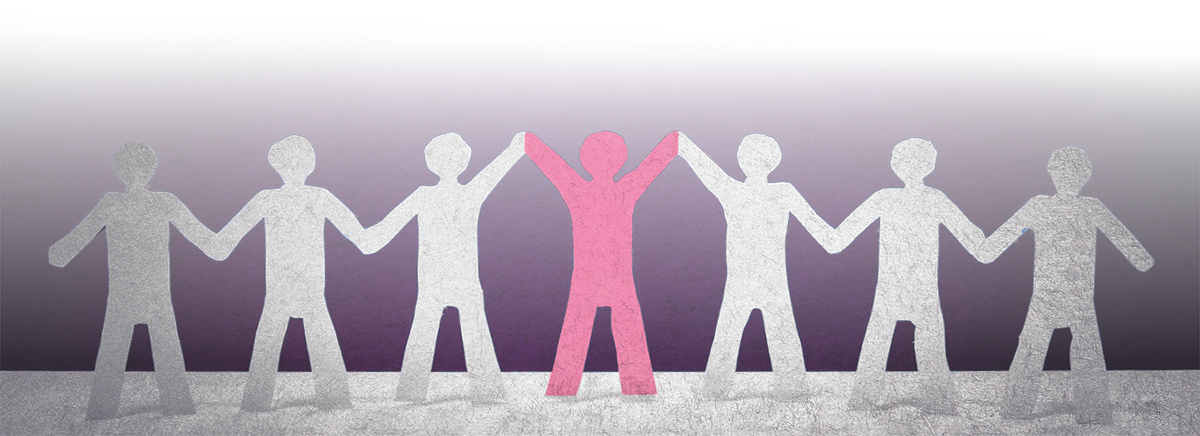

STEP 2: Create interest
STEP 3: Motivate Action
STEP 4: Reap rewards
- AxisTV Signage Suite content management software is scalable, flexible and user-friendly.
- Award-winning interactive touchscreen designs invite your audience to participate.
- Interactive and e-paper meeting room signs help you manage shared spaces more efficiently.
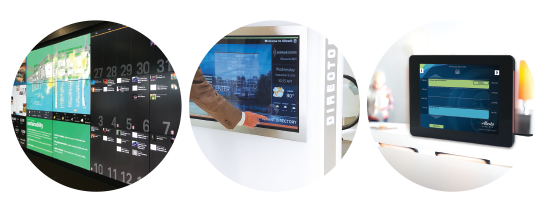

Photos courtesy of Stantec
he scenery was bold and breathtaking. The snow-covered mountains surrounding the city of Anchorage, Alaska, could not have contrasted more from my warm Mediterranean hometown of Genoa, Italy. It was January 27, 2001, and I came to the United States as an intern at an Alaska architecture firm.
Before leaving Italy, I consulted a map of Anchorage and chose a neighborhood to live in that looked to be within walking distance of downtown and my new office.
I soon discovered that “walking distance” was not a real thing in Alaska, with its cold winter days, prolonged darkness, ice-covered sidewalks and—most times—no pedestrian paths.



SMART TeamWorks™ visual collaboration software, powered by our free Contributor apps, enables teams to add notes and content to a common connected whiteboard – regardless of location or device. It’s a perfect companion for remote workers where web conferencing is simply not enough.
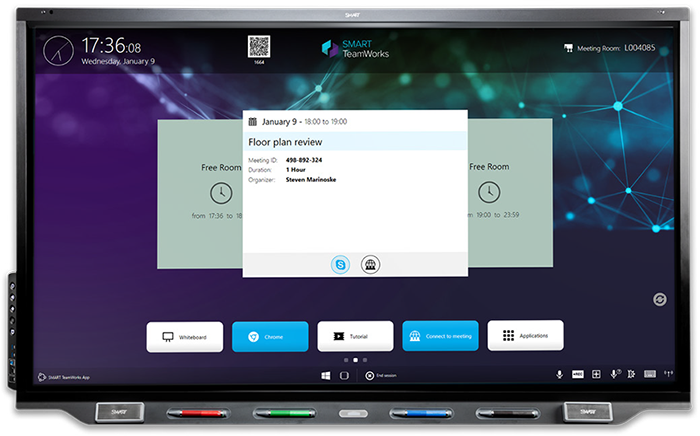



s a surfer, I have spent tens of thousands of hours floating on the surface of the sea. Under the curved blue dome of sky, I have gazed optimistically toward the horizon looking for the unseen, trying to discern exactly where to catch the next wave, that band of energy created from the friction between wind and water. Like the invisible energy that ultimately shows itself in the form of a wave, our life purpose is invisible, too, and only reveals itself in the form of the decisions we make.
I have always believed that no positive achievement happens randomly. Success is a result, first of introspection and visualization, and second of committed and directed purpose toward the result.
Photo by Dan Merkel

Photo by Dan Merkel
s a surfer, I have spent tens of thousands of hours floating on the surface of the sea. Under the curved blue dome of sky, I have gazed optimistically toward the horizon looking for the unseen, trying to discern exactly where to catch the next wave, that band of energy created from the friction between wind and water. Like the invisible energy that ultimately shows itself in the form of a wave, our life purpose is invisible, too, and only reveals itself in the form of the decisions we make.
I have always believed that no positive achievement happens randomly. Success is a result, first of introspection and visualization, and second of committed and directed purpose toward the result.
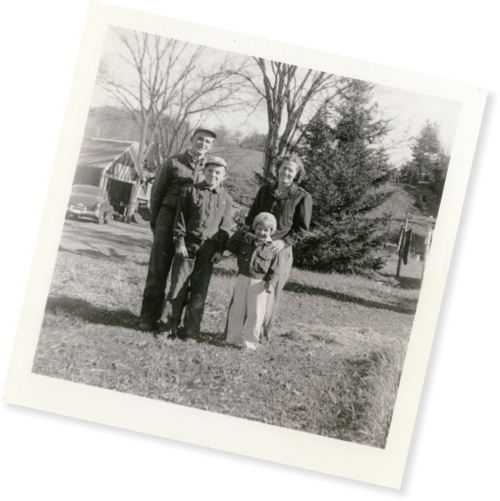
t had been a long day working with my leadership clients. Heading into my final coaching session, I knew it would be a challenging one for both myself and my client. SARS-CoV-2, colloquially known as the coronavirus, was in the process of reshaping our economic, social and wellness landscape. As an International Coaching Federation credentialed coach focusing on leadership and organizational development, I was seeing the stress of the event in all of my clients. I was also feeling it myself as the husband of a public health professional, the father of two school-age boys on “extended break,” and the owner of a small business under its own form of threat from the rapidly changing economic climate. My clients stress levels had moved to “11” and my own was not far off. Before I could invest in the resiliency of that final client for the day, I knew there was something I needed to do – I needed to call my mother.
My mom and dad are in their 70s and live four time zones to the east of my family. They’d just completed a long journey home to shelter from the coronavirus pandemic. I dialed the family home with the expectation of investing in their resiliency: checking in on them emotionally, talking with them about their plans, and letting them know that our family was thinking of them. As children, our parents are a much-needed source of resiliency, buffering us against some of the storms of life. As they age, we have the opportunity to become part of their circle of resources.




he world is in the midst of a global pandemic, and with my agency operating on overdrive I am finding strength in a country music song. Through long days, and tough decisions, I sing, “The house don’t fall when the bones are good.” These lyrics from “The Bones,” by Maren Morris, have become a mantra that has sustained me as my North Star. When pelted by the storms around me, I am reminded that the windows may rattle but my house will stand because my bones are good.
It is not surprising that it is this particular song that has become the background music to my life. I sing it softly to my dog at night as I watch her curl into a ball and slowly drift away to doggy dream land. I have used it countless times in presentations as the pop culture punctuation reinforcing the importance of having a strong organizational foundation. While Morris wrote it as a love song, for me it is an anthem of strong leadership.
he world is in the midst of a global pandemic, and with my agency operating on overdrive I am finding strength in a country music song. Through long days, and tough decisions, I sing, “The house don’t fall when the bones are good.” These lyrics from “The Bones,” by Maren Morris, have become a mantra that has sustained me as my North Star. When pelted by the storms around me, I am reminded that the windows may rattle but my house will stand because my bones are good.
It is not surprising that it is this particular song that has become the background music to my life. I sing it softly to my dog at night as I watch her curl into a ball and slowly drift away to doggy dream land. I have used it countless times in presentations as the pop culture punctuation reinforcing the importance of having a strong organizational foundation. While Morris wrote it as a love song, for me it is an anthem of strong leadership.
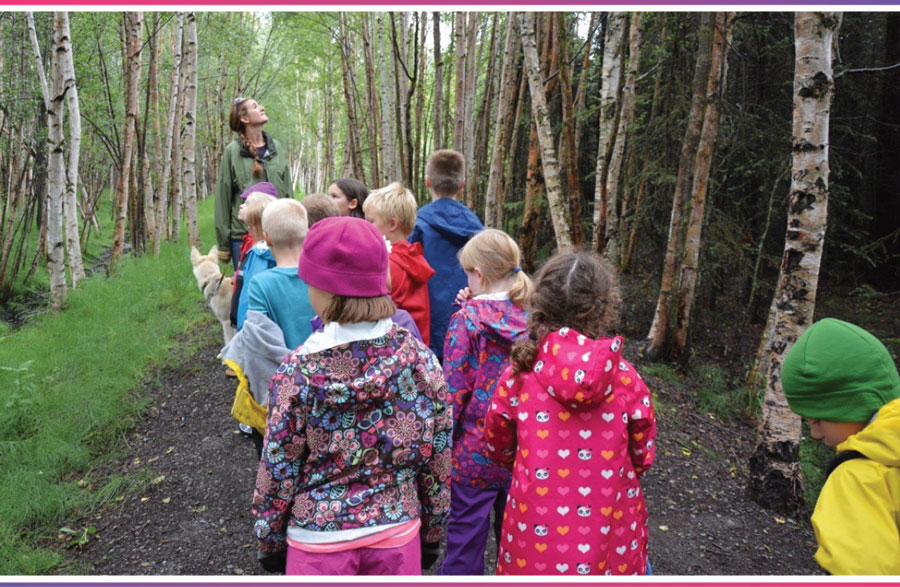
indness is often a forgotten leadership quality in business and in life. It has become commonplace for people to be scammed, property to be stolen and lies to be told. Work favors efficiency and results over problems and empathy. It is important to find solutions, to make money, to save money, to find success. It is also important to protect oneself – to shore up against the bad in the world. But in so doing, we can lose the best part of ourselves, the part that sees others, acknowledges their struggles and recognizes the common traits we share as human beings.
I worked at a domestic violence shelter for nine years. There is a hardness that comes with this work. It’s not just the aspects of an extremely difficult job; the hardness comes from learning to stay emotionally safe. You put up walls or you don’t last. A lot don’t last. Surprisingly, many who do stay are not leaders. Making decisions about a person’s safety is not easy, and some people are more comfortable letting others make those decisions. As my time progressed in the shelter, I recognized that the staff observed closely how I handled myself during difficult times. Cynicism was easy, and compassion was quickly forgotten with someone in crisis screaming in your face. I quickly realized the need to demonstrate to others that my job was to be kind and to believe in the person I was helping.
am a military math nerd. I read statistics textbooks and calculus primers for fun – and then go to work and blow things up. For more than 15 years, I have served my nation at home and abroad. As a young soldier, I stood face-to-face with my nation’s adversaries with a mission to overcome. Later I became a leader and coached others in the achievement of the same mission.
The military profession is somewhat unique. It is one of very few professions whose practitioners routinely make life-or-death judgments about other people. But it is also similar to other occupations in many ways. It has its own culture, rules, and codes of conduct. It has a sense of itself as something set apart, something that requires special training, certification and experience to fully master. And it places great importance on its members’ analytical skills.

here we end up in life largely depends on the actions we take. Action, or lack of action, is motivated by having the right mindset. And a proper mindset can mean the difference between a long life and an early death.
The average life expectancy for an American male is 72, but the average life expectancy for a male police officer is just 59! I have been in law enforcement for more than 24 years and came across this alarming statistic about 10 years ago. My first thought was that it wouldn’t be me; I was still taking names and putting criminals in jail. Little did I know, I was walking a perfect path toward becoming that exact statistic.
or in-person
 Becoming a Supervisor
Becoming a Supervisor
 Respectful Workplace
Respectful Workplace
 Effective Communication
Effective Communication
 I’m Not a Lawyer!
I’m Not a Lawyer!
 Decision Making
Decision Making
 Conflict Resolution
Conflict Resolution
 Discipline for Positive Outcomes
Discipline for Positive Outcomes
 Effective Delegation
Effective Delegation
 I Want You!
I Want You!
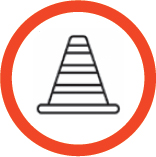 SOS: Supervisors on Safety
SOS: Supervisors on Safety
 Performance Management
Performance Management
 Coaching & Mentoring
Coaching & Mentoring
 Mission, Vision and Values
Mission, Vision and Values
thestrivegroup.com/events-supervisor-bootcamp


MAKING SIMPLE THE NEW NORMAL
THE CHARIOT GROUP:
![]() EXPERIENCED
EXPERIENCED ![]() KNOWLEDGEABLE
KNOWLEDGEABLE ![]() PROGRESSIVE
PROGRESSIVE
![]() EXPERIENCED
EXPERIENCED![]() KNOWLEDGEABLE
KNOWLEDGEABLE![]() PROGRESSIVE
PROGRESSIVE
Powerful, transparent technology that works.
OUR SERVICE MAINTENANCE AGREEMENTS INCLUDE:
![]() Preventative Maintenance
Preventative Maintenance![]() Both On-site & Remote Support
Both On-site & Remote Support![]() MySupportTM Web Portal
MySupportTM Web Portal![]() File Retention
File Retention![]() Training
Training![]() Equipment
Equipment
info@chariotgroup.com | 877.822.5300 | www.chariotgroup.com

Thanks for reading our Apr-Jun 2020 issue!

